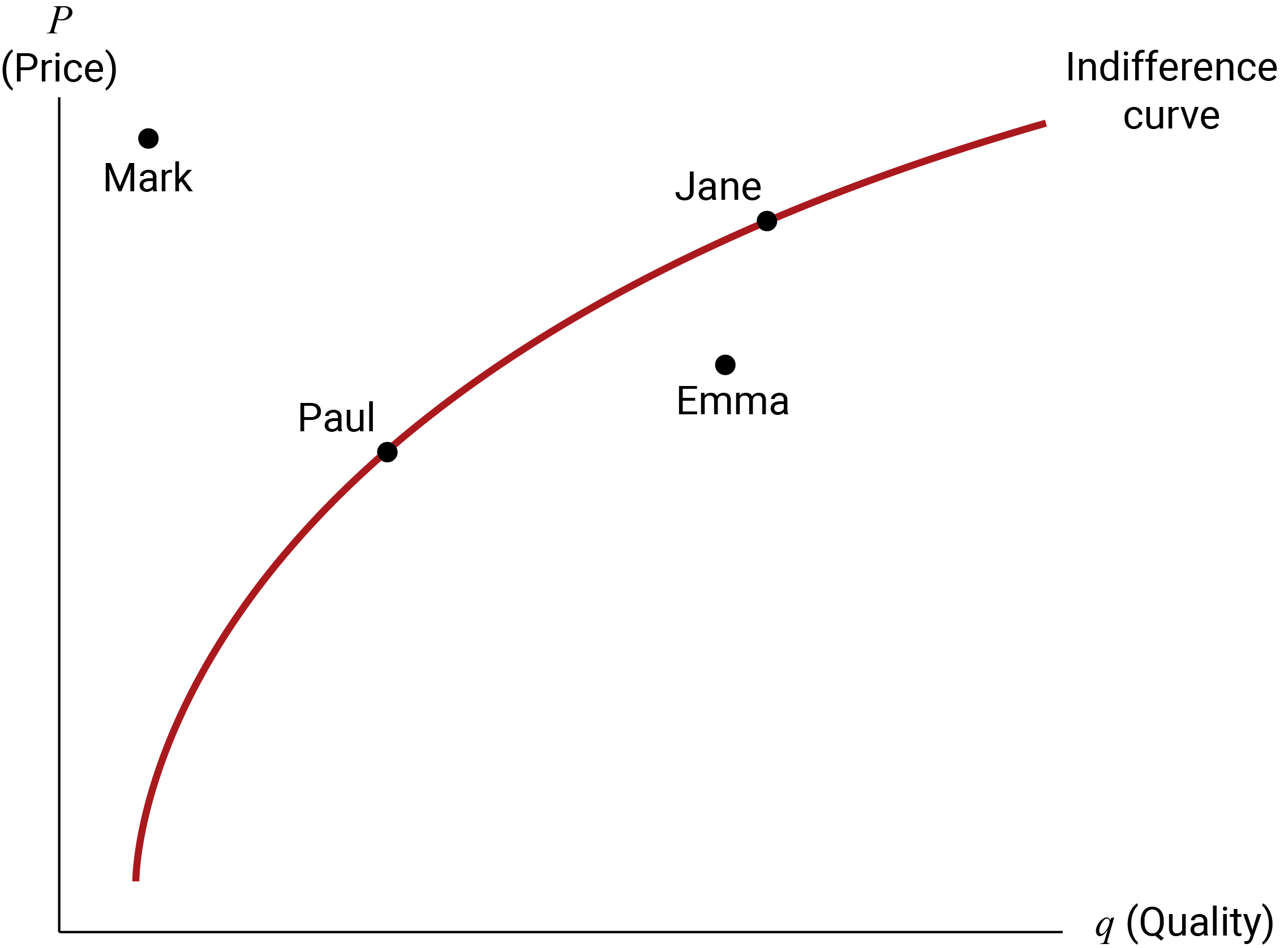25C00100 - Entrepreneurship and Innovation Management, 01.11.2018-22.11.2018
This course space end date is set to 22.11.2018 Search Courses: 25C00100
Glossary
Browse the glossary using this index
A | B | C | D | E | F | G | H | I | J | K | L | M | N | O | P | Q | R | S | T | U | V | W | X | Y | Z | ALL
I |
|---|
incomplete contractsFactors that prevent complete contracting
| ||
incumbentsIncumbent is a firm that is already operational in a
market. Entrant is a firm that is aspiring to enter the market. | ||
information asymmetryInformation asymmetry means that Jane knows more about
her business and future intentions than Emma, and vice versa. For example, Jane
knows that she doesn’t have a cost advantage but she counts on Emma not knowing that, and uses this to her
advantage. | ||
